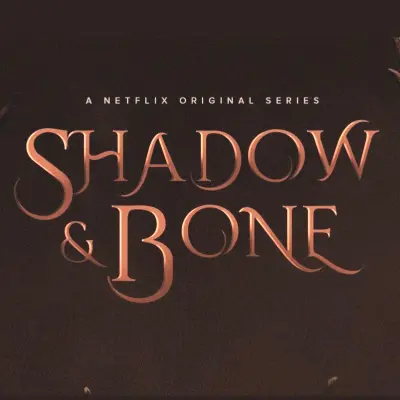Shadow and Bone has the same problem as Bridgerton and The Witcher in rewriting white roles for minorities
-

In Leigh Bardugo’s Grishavese books, Alina is white, but the Netflix series changed Alina’s race to reflect actress Jessie Mei Li’s half-Chinese heritage. The problem is that Alina, as a minority character, becomes defined by the racism she experiences, says Elyse Martin, who is also half-Chinese. "Her experience of being half-Shu is one of pain and isolation," says Martin. "Though that is the experience of some in the Asian diaspora—feeling entirely American while not looking it—it ties into ongoing discussions of how the minority experience in popular media gets boiled down to a narrative of continual suffering. Why not write in some of the good things that come from being BIPOC as well as the bad? Since Alina was originally white, it leaves one with the disturbing suspicion that the series believes that being a member of the Asian diaspora is defined solely by the racism one encounters. This is not to knock the writers of the books or the show, the decision to cast diversely, or Jessie Mei Li’s performance (which was at times literally well as figuratively brilliant), but to point out Shadow and Bone is part of a larger cultural issue, where Netflix will diversely cast stories originally written by white authors with all-white characters without critically thinking about the lived experiences of people of color. Bridgerton and The Witcher had similar problems, where it seemed like sometimes the races of the characters mattered, sometimes they didn’t, and most often it seemed like the writers hadn’t thought through the implications of their choices. For better or for worse, being BIPOC in a majority white culture results in a completely different way of being, seeing, and interacting with the world than a white person would. A person of color embodying a role that’s only half-tailored to fit them makes for dissatisfying and often confusing viewing—like unexpectedly seeing yourself in a funhouse mirror when you wanted a regular one. Changing a white character to a BIPOC one by only adding in racism also lands the series in the perpetual Catch-22 of limited representation."
TOPICS: Shadow and Bone, Netflix, Bridgerton, The Witcher, Diversity
More Shadow and Bone on Primetimer:
